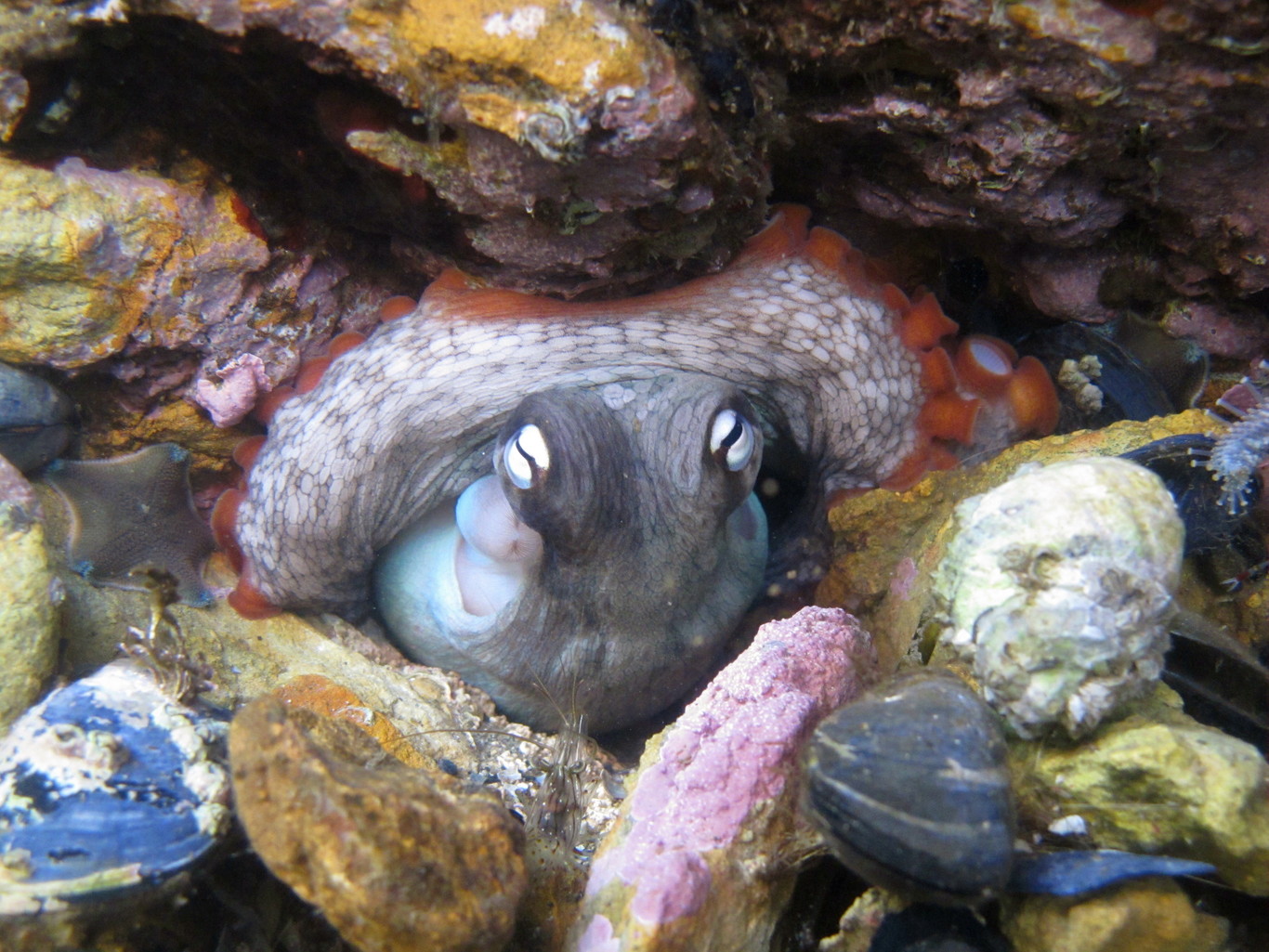Can you cut 1 Tonne of carbon pollution out of your life?
Take the challengeA call to ocean explorers alike!
Marine life is on the move. As the sea temperature rises from climate change, animals are migrating to different habitats and spreading the range of their distribution. Now Australian scientists are calling for help from the public to record unusual marine life sightings in Australia's waters on Redmap (Range Extension Database and Mapping Project).
With 60,000km of coastline, Australia is home to thousands of species of marine life – a vastness that makes it difficult for scientists to access a baseline of information. Collecting data on their own will have limited results, which is why they need our help. By recording unusual animal sightings, whether you're a fisher, diver, or part of a naturalist community club, you'd help build a wealth of data that would allow scientists to better understand this mass oceanic exodus.
Read more: This 19-year-old may have figured out how to save our oceans

Photo: This gloomy octopus (Octopus tetricus) was one of the first species recorded on Redmap. It was spotted in Tasmania - well away from its usual home in New South Wales. After the sighting, research confirmed that yes, the gloomy octopus was successfully living and breeding in Tasmanian waters. Credit: The Conversation
Sea temperature plays a critical role in how far north or south a species lives. Already there are many known marine animals migrating in search of a home, such as king crabs marching to Antarctica and tropical fish travelling to South Africa and even to Tasmania's cold waters. These migrations are known as the 'fingerprint of climate change' and yet it is still poorly understood.
Of course, responses to climate change vary between species. Not all marine life is able to shift on short notice. Those with geographically limited ranges, endemic species (flora and fauna native and restricted to a particular area), or species with specific habitat requirements are the most at risk of being unable to cope with the changing waters and the threat of extinction looms over them.
This call for help comes in the wake of Species on the Move international conference, held in Hobart in February of next year, which aims to better understand the numerous factors involved in the redistribution of species.
Find out more on how you can help on Redmap's official website.
READ THIS NEXT: The 700,000,000 tons of plastic in our oceans is an untapped resource

